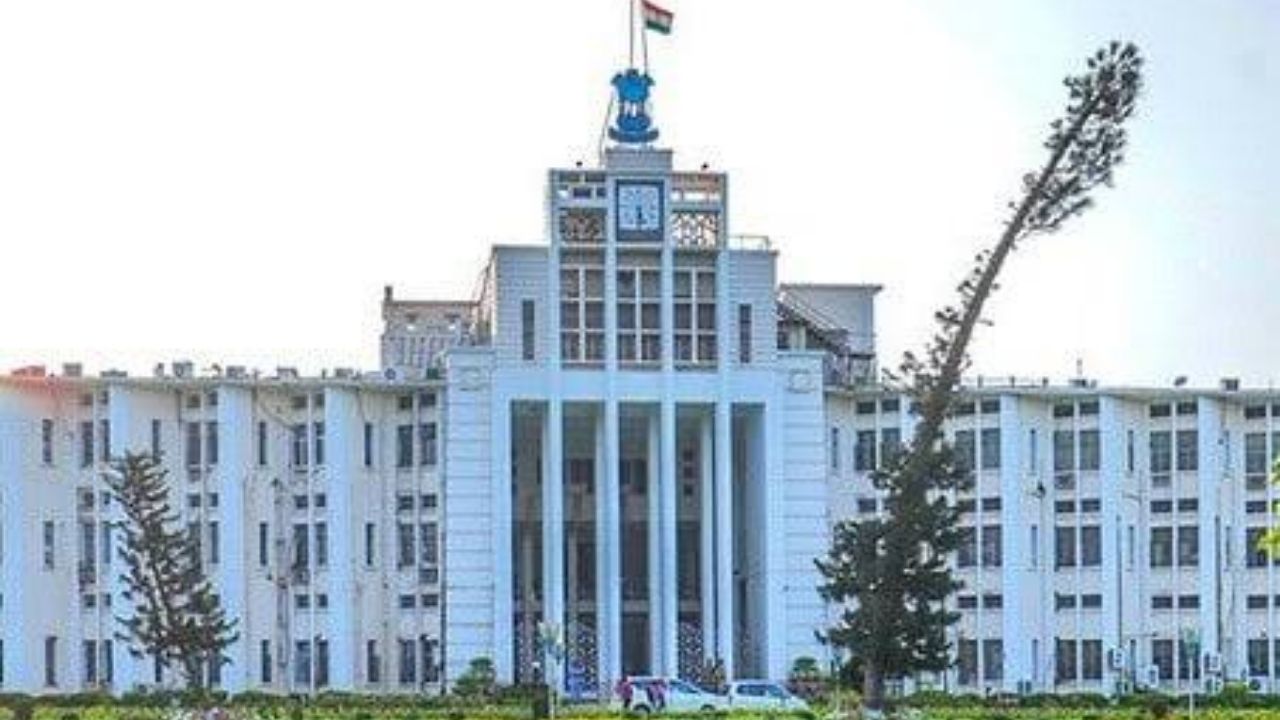BHUBANESWAR, India – Odisha’s government is highlighting significant progress in transforming its agricultural sector through a dedicated focus on sustainability, according to Deputy Chief Minister Kanak Vardhan Singh Deo. The state’s strategy, centered on reviving traditional crops and expanding organic farming, aims to bolster farmer incomes, improve nutritional security, and build resilience against climate change, positioning Odisha’s sustainable agriculture program as a potential model for other regions.

The push comes as nations globally grapple with creating food systems that are both productive and environmentally sound. Odisha, a state historically vulnerable to climate events like cyclones and droughts, has strategically invested in programs designed to diversify crops, reduce chemical inputs, and empower smallholder farmers.
The Odisha Millets Mission: A Cornerstone of Climate Resilience
A central pillar of the state’s strategy is the Odisha Millets Mission (OMM), a flagship program launched in 2017. Initially started in just a few districts, the mission has now expanded across the state. Deputy CM Singh Deo, who also holds the Agriculture and Farmers’ Empowerment portfolio, recently emphasized the mission’s success in not only reviving the cultivation and consumption of millets but also in creating a complete value chain from farm to plate.
“The Millets Mission has been instrumental in promoting climate-resilient agriculture,” Singh Deo stated at a recent review meeting, according to a press release from his office. “We have seen a substantial increase in both the cultivation area and the procurement of millets, which directly benefits our tribal and small-scale farmers.”

Millets, a group of highly variable small-seeded grasses, are well-suited to arid conditions and require significantly less water than rice or wheat. They are also nutrient-dense, offering a solution to malnutrition. According to a report by India’s policy think tank NITI Aayog, the OMM is a comprehensive model that has successfully integrated production, processing, marketing, and consumption. The program has reportedly reached over 150,000 farmers and facilitated the procurement of thousands of metric tons of millets, which are now included in the state’s Public Distribution System (PDS) and Integrated Child Development Services (ICDS).
From Farmland to Supermarkets
A key challenge for any agricultural initiative is ensuring market access. The Odisha government has actively promoted “Millet Shakti” outlets and cafes in urban centers, creating a consumer market for value-added millet products like cookies, cakes, and ready-to-eat meals. This has helped ensure better price realization for farmers and fostered entrepreneurship among women’s self-help groups involved in processing and sales.
“By building a robust market linkage, we are ensuring that the benefits of increased production reach the farmer,” an official from the Department of Agriculture & Farmers’ Empowerment explained. This end-to-end approach has been praised by the Food and Agriculture Organization (FAO) of the United Nations as a leading example of reviving traditional food systems.
Expanding the Footprint of Organic Farming
Alongside the millets mission, the state is making a concerted push toward organic farming. This initiative aims to reduce the agricultural sector’s reliance on chemical fertilizers and pesticides, which can degrade soil health and contaminate water sources over time. The Odisha Organic Farming Policy, introduced in 2018, set ambitious targets to expand the area under certified organic cultivation.
Recent figures indicate that the state is making steady progress toward these goals. The program provides farmers with subsidies for organic inputs, support for obtaining certification, and training in sustainable land management practices.
Experts note that while the transition to organic can be challenging, the long-term benefits are substantial. “Shifting to organic practices improves soil biodiversity and water retention, which are critical for climate resilience,” said Dr. Alok Kumar Sahoo, a professor at the Odisha University of Agriculture and Technology (OUAT). “While yields might dip initially, they often stabilize and are complemented by lower input costs and premium market prices for certified produce.”
Floods Devastate Kendrapara Agriculture: Paddy Saplings, Vegetable Crops Damaged
Bhubaneswar Unit-1 Market to Convert Organic Waste into Electricity with New Biogas Facility
Wild Elephants Roam Sundargarh Villages, Causing Panic and Crop Damage
Challenges and the Path Forward
Despite the reported successes, challenges remain. Experts point to the need for more robust certification infrastructure and greater consumer awareness to drive demand for organic products. Ensuring consistent market access and preventing price volatility for smallholder farmers are ongoing priorities. Furthermore, scaling these initiatives requires continuous investment in research, extension services, and rural infrastructure.
The government appears committed to addressing these issues. “Our vision is to make Odisha a leader in Odisha’s sustainable agriculture,” Singh Deo affirmed. “We will continue to strengthen these programs, ensuring that our farmers are prosperous and our agriculture is resilient for generations to come.”
The state’s approach of combining the revival of traditional, climate-smart crops with a modern, market-oriented value chain offers valuable lessons. As the impacts of climate change intensify, Odisha’s journey toward a more sustainable agricultural future will be closely watched by policymakers both within India and around the world.





